Media release
2 April, 2024
Smaller local publishers would be disproportionately affected should Meta remove news content from Facebook and Instagram in response to government designation, with the Australian public bearing the brunt of the impact.
While some smaller publishers received funding from the Meta Australian News Fund in partnership with the Walkley Foundation, most were excluded from the opportunity to engage in commercial deals for funding from Meta under the news media bargaining code, with the primary hurdle being the high threshold of the revenue test for news media organisations.
The revenue of these publishers, for whom website display advertising is their greatest income, would be highly impacted by the loss of website traffic driven by social media if Meta removed news content from Facebook and Instagram.
Local and Independent News Association (LINA) Executive Director Claire Stuchbery said government support would be needed to counter this financial loss and support newsrooms to strengthen alternative income sources and transition to new ones.
“Local newsrooms have everything to lose, but very little to gain from designation,” Stuchbery said.
“These local and independent media publishers play a critical role within their communities, combatting misinformation and disinformation, supporting community health and safety (including emergency preparedness and resilience), promoting workforce development and fostering social cohesion and civic engagement.
“They are also key to platforming diverse voices and experiences, as these tend to be the most affected by the closure of larger newsrooms and the rising syndication of content.”
The removal of news content from these platforms would particularly impact the 20 percent of hyperlocal newsrooms launched within the past four years. Many of these newsrooms were formed in response to a need to verify misinformation or fill news deserts with locally relevant updates during the COVID-19 pandemic and in the context of rising natural disasters and the advancement of generative AI technology.
While larger, more established news organisations have existing brand awareness and direct engagement with audiences through newsletters, subscriptions and organic website traffic, smaller and newer publications tend to rely heavily on Facebook and Instagram to establish awareness of their newsrooms and engage new audiences.
“Not only would this affect the viability of existing news publishers, but the ability of new organisations and publishers to start-up and build their audience would be hampered in the future, further consolidating what is already one of the most concentrated media markets in the world,” Stuchbery said.
“Government has a responsibility to help guarantee public access to healthy and diverse information and communications systems, and financial support should be provided to newsrooms should Meta be designated.
“This support is key not just to the survival of smaller newsrooms, but to the overall health and functioning of Australian democracy.”
See here for LINA’s submission to ACCC’s Request for Information to inform advice to the Assistant Treasurer in relation to Meta’s Facebook and Instagram services.
Media contacts:
Claire Stuchbery
LINA Executive Director
+61 403 520 765
claire.stuchbery@lina.org.au
Nell O’Shea Carré
LINA Policy and Strategic Communications Officer
+61 468 774 682
nell.oshea.carre@lina.org.au
About LINA:
LINA is a not-for-profit industry association established in 2021, supporting local and independent digital news. LINA’s goals are to strengthen public interest journalism and provide capacity-building support, networking and services for newsrooms.


